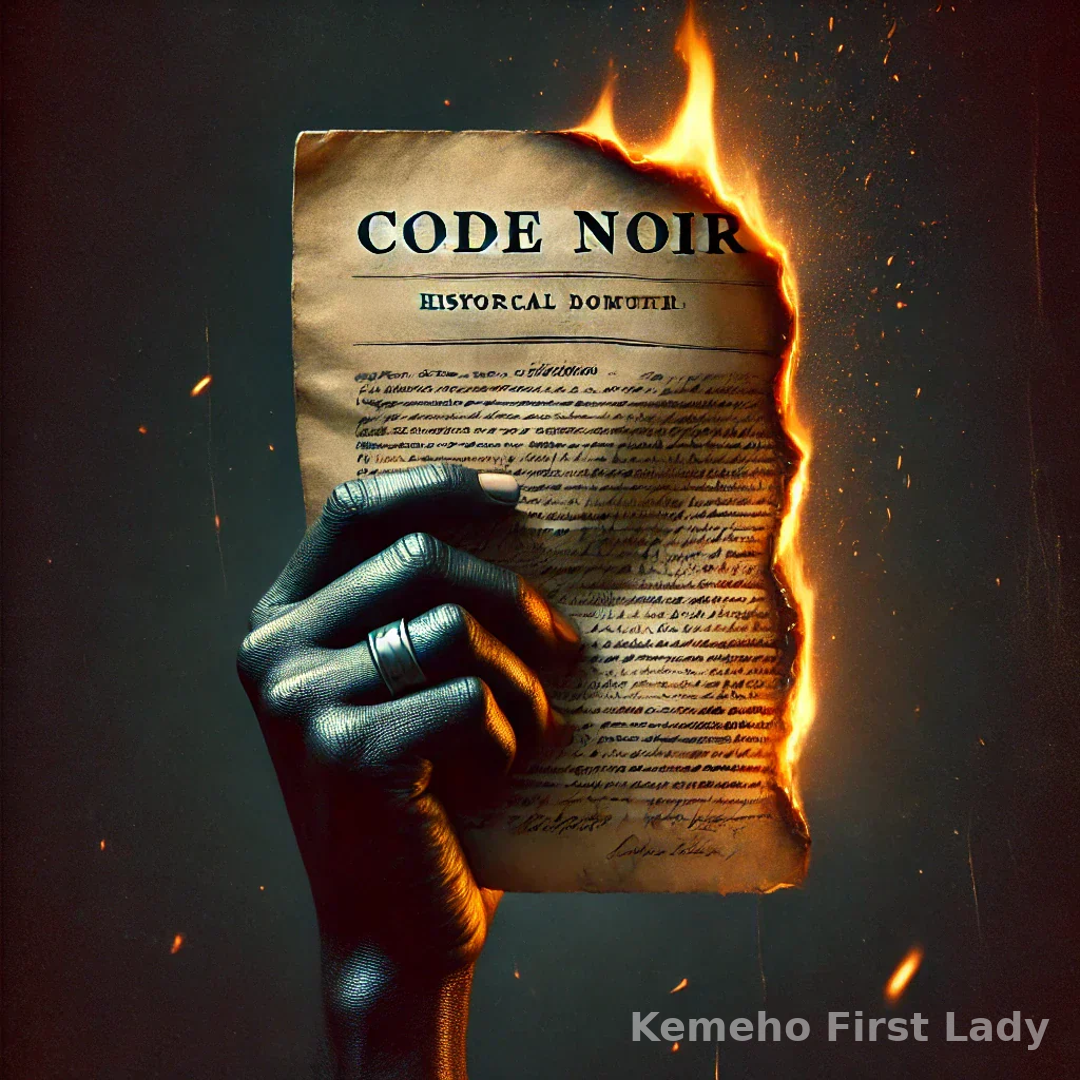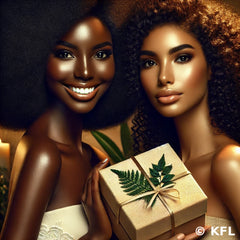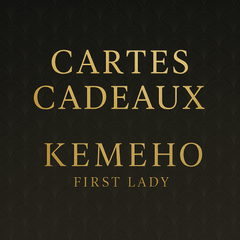
I Am a Shadow Under the Code Noir
Share Label
Introduction
This story was written for educational purposes. It aims to preserve the memory of past horrors and raise awareness about the history of the Code Noir, so that such an injustice may never happen again. By recounting this dark chapter of humanity, we hope to foster a deeper understanding of the suffering it caused and to honor those who endured the unimaginable.
1804. A plantation in the French Caribbean.
I remember the first time I heard the words "Code Noir." They fell from the lips of the overseer, who read them aloud like commandments from heaven. But there was nothing divine about them.
The Code Noir was, they said, a gift from Napoleon. A set of rules to civilize our world, to define our worth. "You are no longer savages," they proclaimed. "You are subjects of the Empire, governed by law."
But the law saw me as something less than a man. It measured my life in coffee beans, my strength in sugarcane. It was written by men who had never touched the soil or felt the lash.
The Law of Pain
"Article 2: All slaves in our islands shall be baptized and instructed in the Catholic faith."
Faith, they said. But when Father Jean came to the plantation, his hands trembled with the same whip the overseer carried. I was baptized in the name of a God who looked away. My prayers were whispered through split lips, my psalms mingled with the sound of chains.
"Article 15: The masters shall have absolute authority over the punishment of their slaves."
And they wielded it. The overseer didn’t need to read that one aloud. I felt it every time my back burned under the sun and under the whip. "Laziness," he called it. But how does a man move quickly when his ribs ache from hunger?
"Article 34: The freedmen are to remain in service to their former masters for a certain number of years."
A cruel jest. Even freedom had its chains. My cousin was freed, yes. But he worked the same fields, lived in the same hut. The only difference was a piece of paper he couldn’t read.
The Intellectuals' Approval
I heard their names whispered on the plantation, spoken with reverence by those who could read. Voltaire, Montesquieu, Buffon.
Voltaire, who mocked the idea that we were equals, who traded shares in the companies that shipped us like cargo. "Commerce is the engine of progress," he said. Progress. I saw progress in the deep scars on my father's back.
Montesquieu, who wrote of liberty and laws, yet justified the need for slavery in colonies. "A master must rule," he wrote, "for the good of all." For the good of whom? I would ask, but the answer would only bring more lashes.
Buffon, the naturalist, who described our skin as proof of inferiority, who called us a lesser breed. He studied plants and animals, and he placed us somewhere in between.
They never came to the plantations. Their words traveled further than their feet ever did. Yet their ideas became our reality.
A Day Under the Code Noir
The sun rose, but it brought no new hope. I walked into the cane fields, the ground damp with last night's rain. The overseer’s voice cracked through the morning air. "Move faster!"
I didn’t see the whip before it struck. The first lash made me stumble. The second brought me to my knees. "You think you’re a man? You’re property!"
I looked at the others. The mother working beside me, her child strapped to her back. The elder whose hands were too slow, whose back was bent like the cane he cut. We were a family only in suffering.
By midday, my hands bled from the machete. By dusk, my shoulders ached under the weight of bundles I carried to the mill. The overseer’s boots followed close behind, his voice a constant reminder that the Code Noir allowed him to beat us as he pleased.
When the work ended, we returned to our huts, silent and hollow. Some prayed. Others stared at the floor. I thought of running, but the dogs would catch me, the chains would return.
"This is the law," they told us.
The Shadow of the Code Noir
The Code Noir was supposed to bring order, justice. Instead, it brought pain and despair. We lived beneath its shadow, always bent, always broken.
When I looked up at the stars at night, I wondered if the men who wrote these laws ever saw the same sky. I wondered if they knew what their words did to our bodies, our minds, our souls.
But then I heard the whisper of the wind through the cane fields. It carried something more than sorrow. It carried the faintest echo of resistance, the faintest glimmer of hope.









